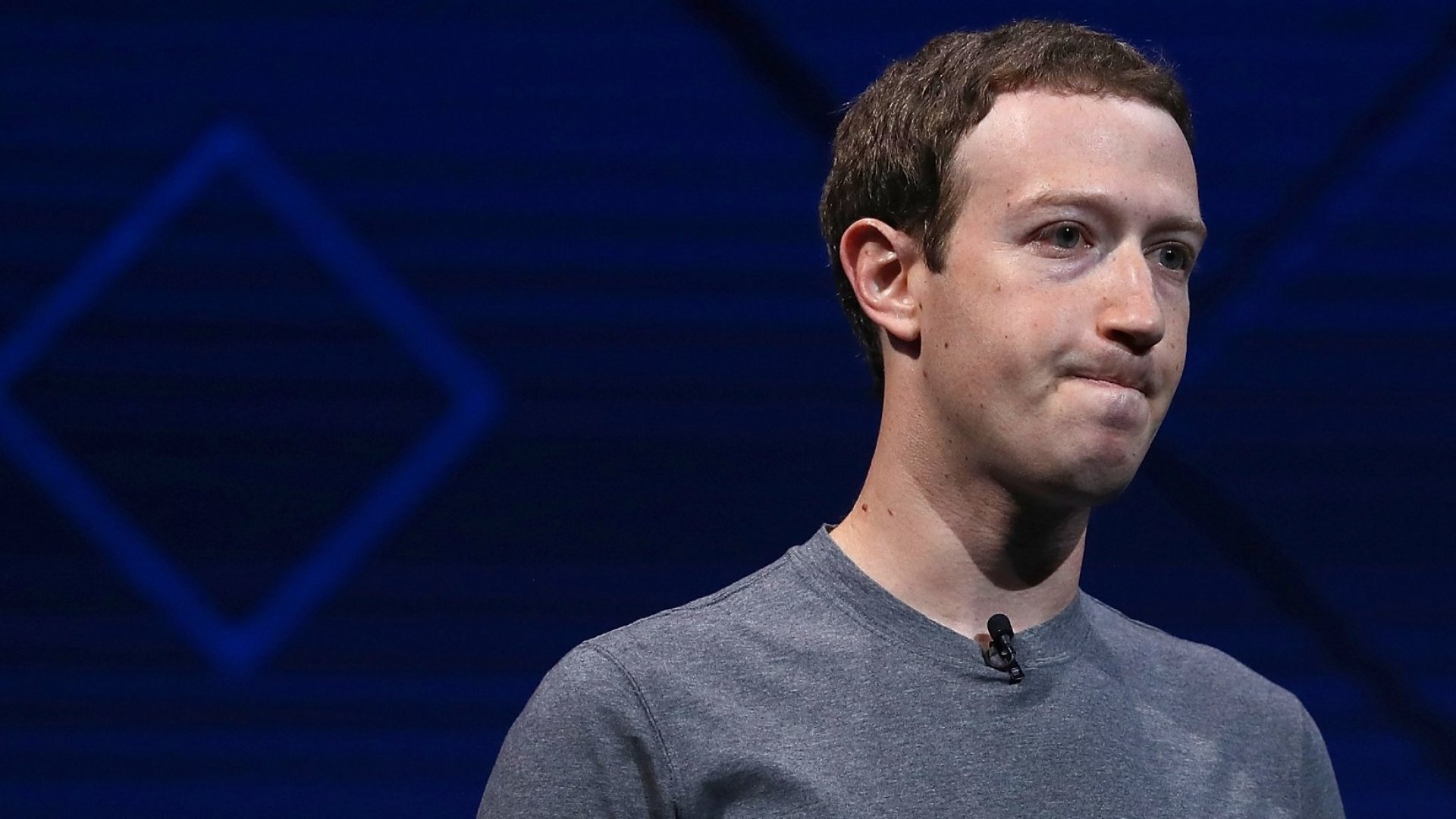In the ever-evolving world of social media, and billionaire egos, the battle for user attention is fierce. It seems that’s never before been more true than now with the rivarly between tech-billionaires Elon Musk and Mark Zuckerberg.
It seems like it was only yesterday that Zuckerberg’s tech conglomerate, Meta, launched Threads, with the sole intention of destroying Twitter which Musk acquired a year ago for a whopping $43 billion.
Threads burst onto the scene with historic new user growth but its meteoric rise has been followed by a dramatic fall, as it lost more than 80% of its daily active users (DAUs) in just a month.
Threads, released by Meta (formerly known as Facebook), aimed to provide a unique platform for users seeking an escape from Twitter’s often toxic environment. Leveraging its association with Instagram, Threads quickly gained traction, attracting a staggering 100 million user signups within a week of its launch. This impressive feat crowned Threads as the fastest-growing platform in app history. The numbers were encouraging, and Meta’s CEO, Mark Zuckerberg, expressed optimism during the company’s Q2 earnings call.
However, the app’s honeymoon period was short-lived. Two prominent data analysis firms, Similarweb and Sensor Tower, unveiled troubling statistics about Threads’ dwindling user base. Similarweb reported that the app’s daily active users, which initially stood at around 49 million, plummeted to just over 9.6 million by August 1. Similarly, engagement time on the app witnessed a sharp decline, with users spending a mere 2.3 minutes a day on Threads, compared to the peak of 14 minutes in early July.
Sensor Tower’s data painted an even bleaker picture, indicating an 82% decline in daily active users from the app’s launch in July to the end of the month. The number of DAUs dropped from approximately 44 million to a mere 8 million, with engagement time reduced to 2.9 minutes a day from the earlier 19 minutes.
Stuart Varney of FOX Business
The sudden drop in user numbers could be attributed to several factors. Threads gained popularity rapidly due to the demand for a Twitter alternative away from the controversies surrounding Twitter’s CEO, Elon Musk. However, Threads itself had limitations, lacking features that users desired, such as a comprehensive search function, trending topics, and direct messages. As a result, many users may have returned to Twitter, despite its perceived shortcomings.
Meta’s intention to connect Threads to the decentralized Fediverse also raised questions about the app’s future. While this move could attract a niche community, it remained uncertain whether it would be enough to revive Threads’ dwindling user base.
The fate of Threads serves as a cautionary tale for other app-killers seeking to challenge established social media giants. Google+, an attempted challenger to Facebook, spent close to eight years trying to compete but ultimately failed due to missing key features and playing catch-up to its rivals. Similarly, Threads’ inability to offer what users genuinely wanted in a Twitter competitor likely contributed to its downfall.




